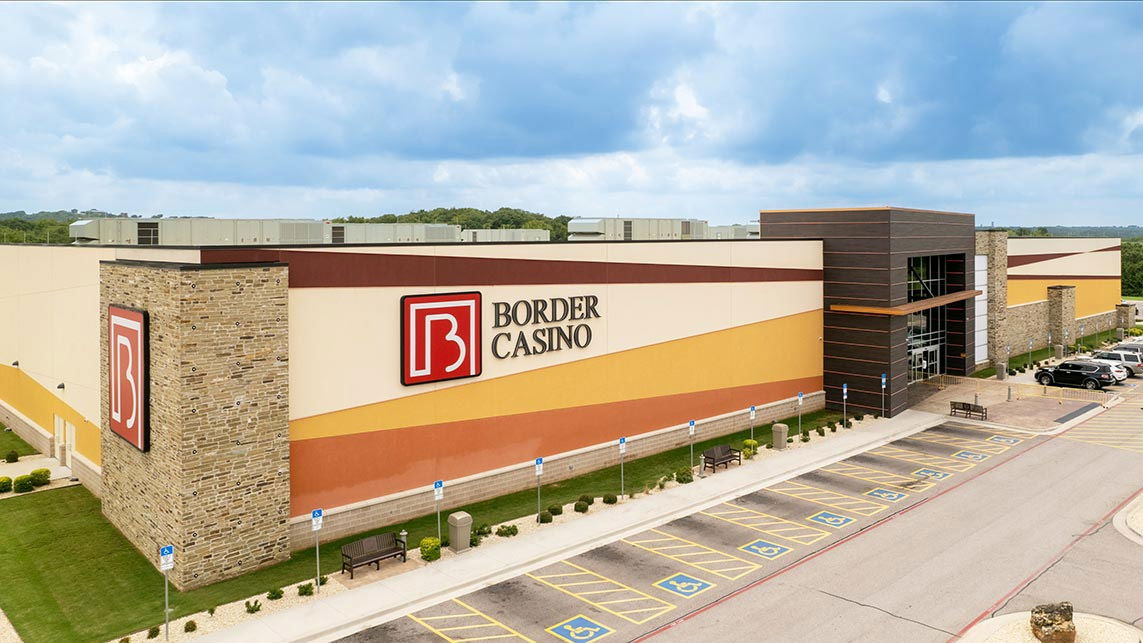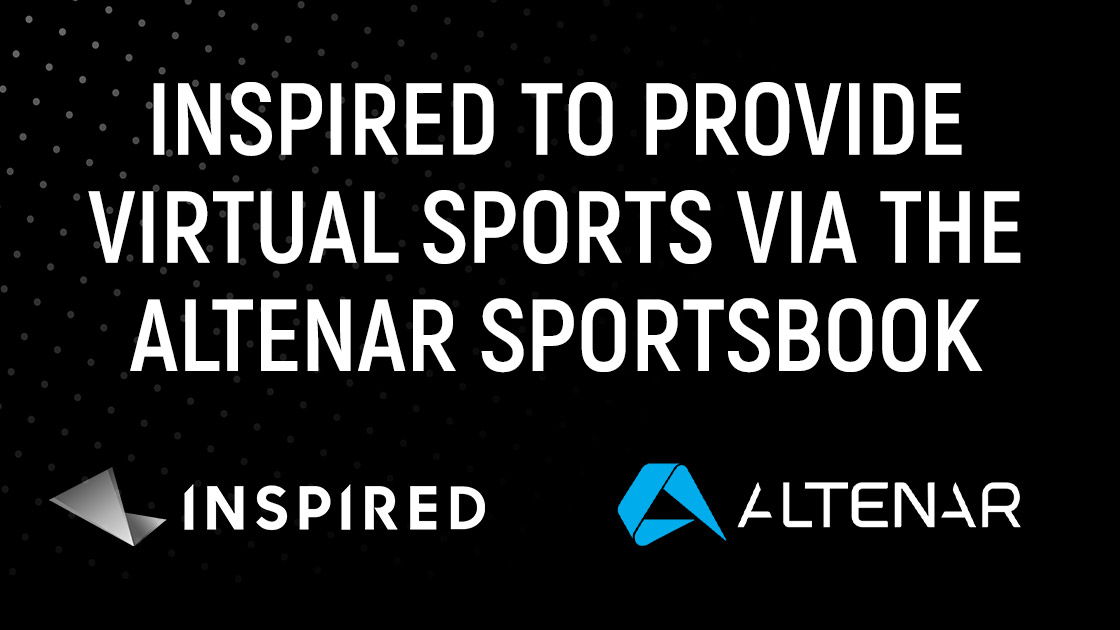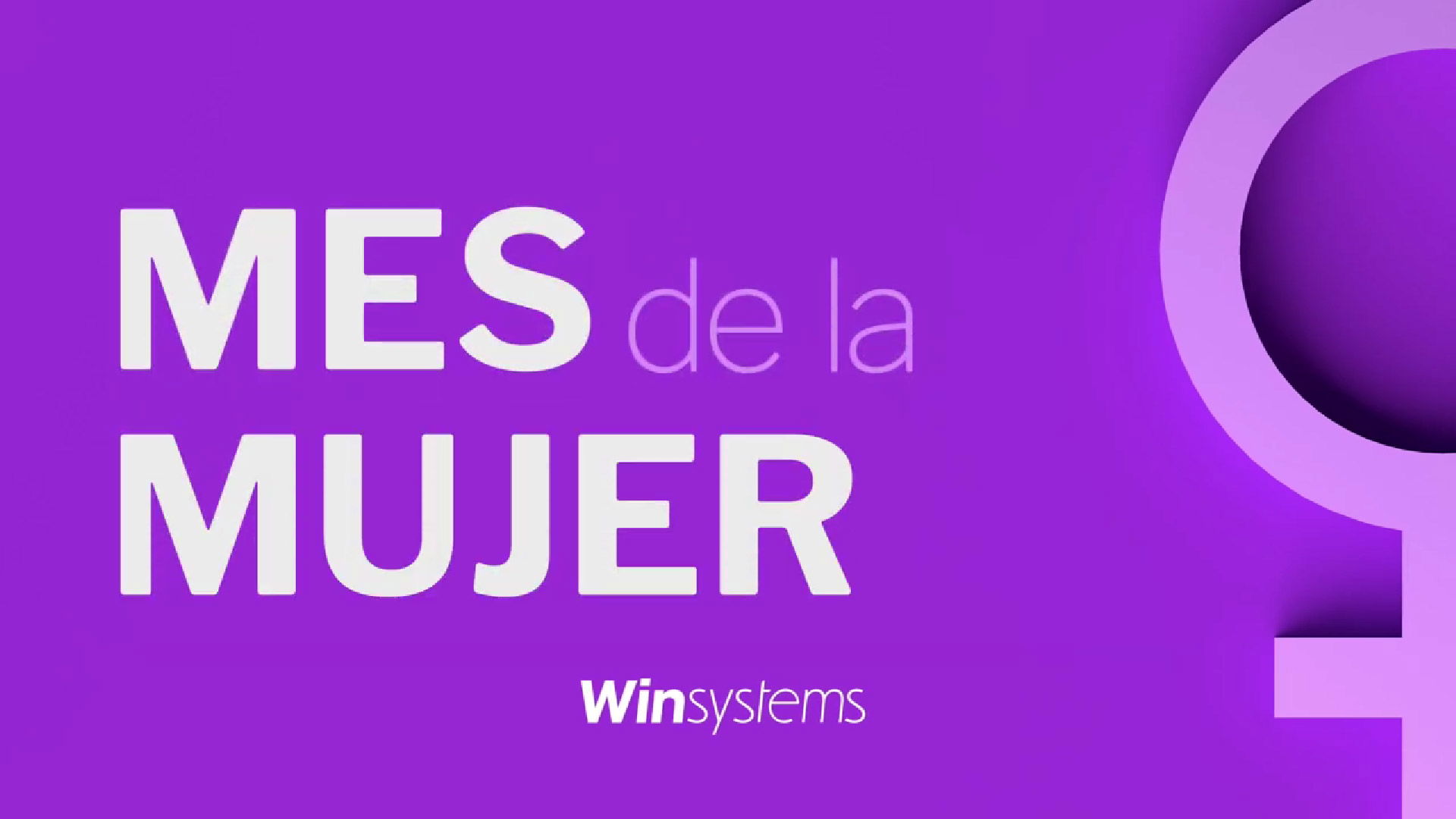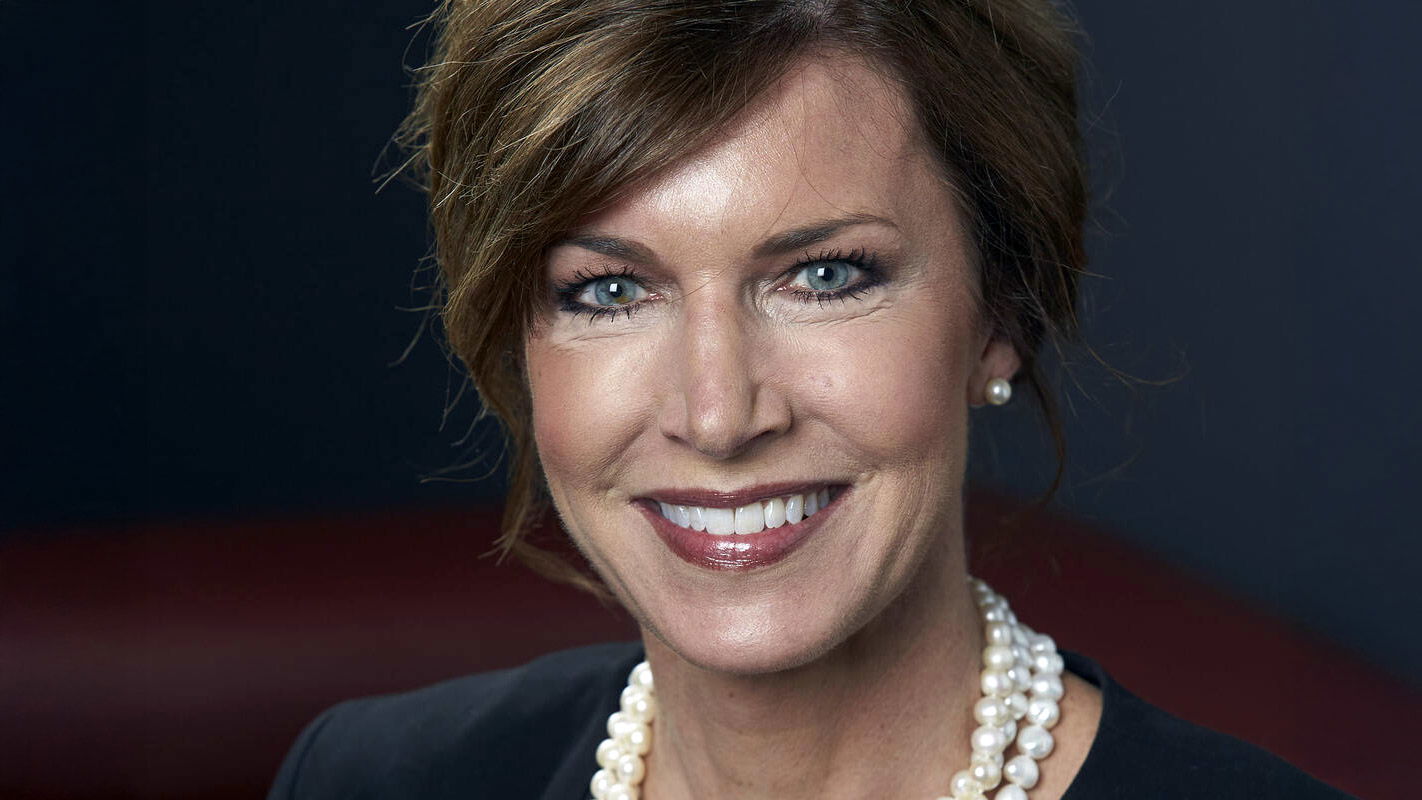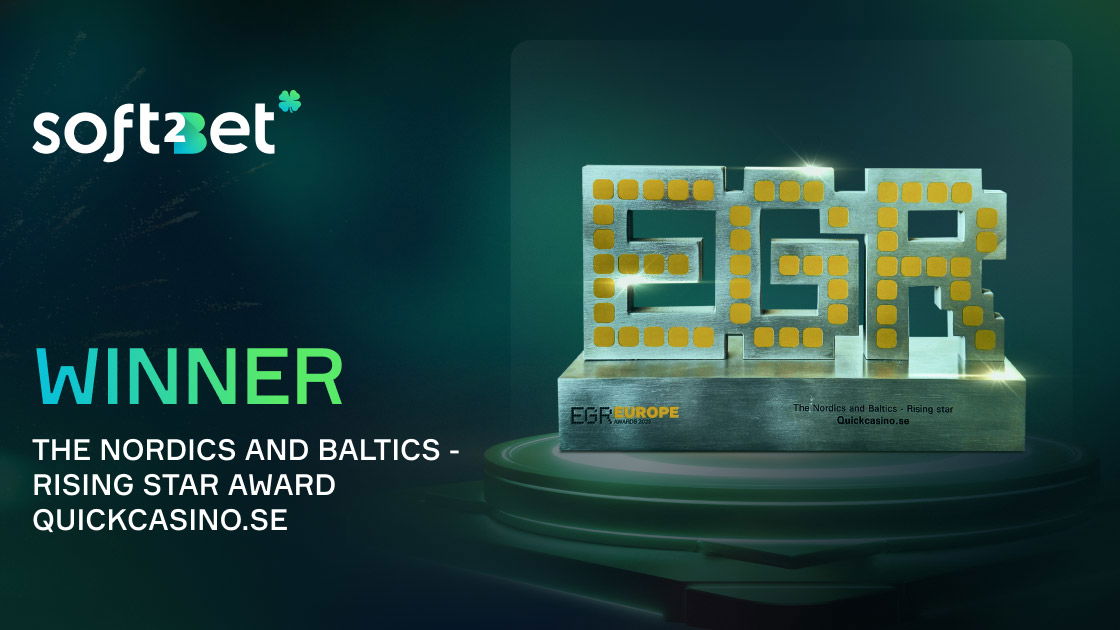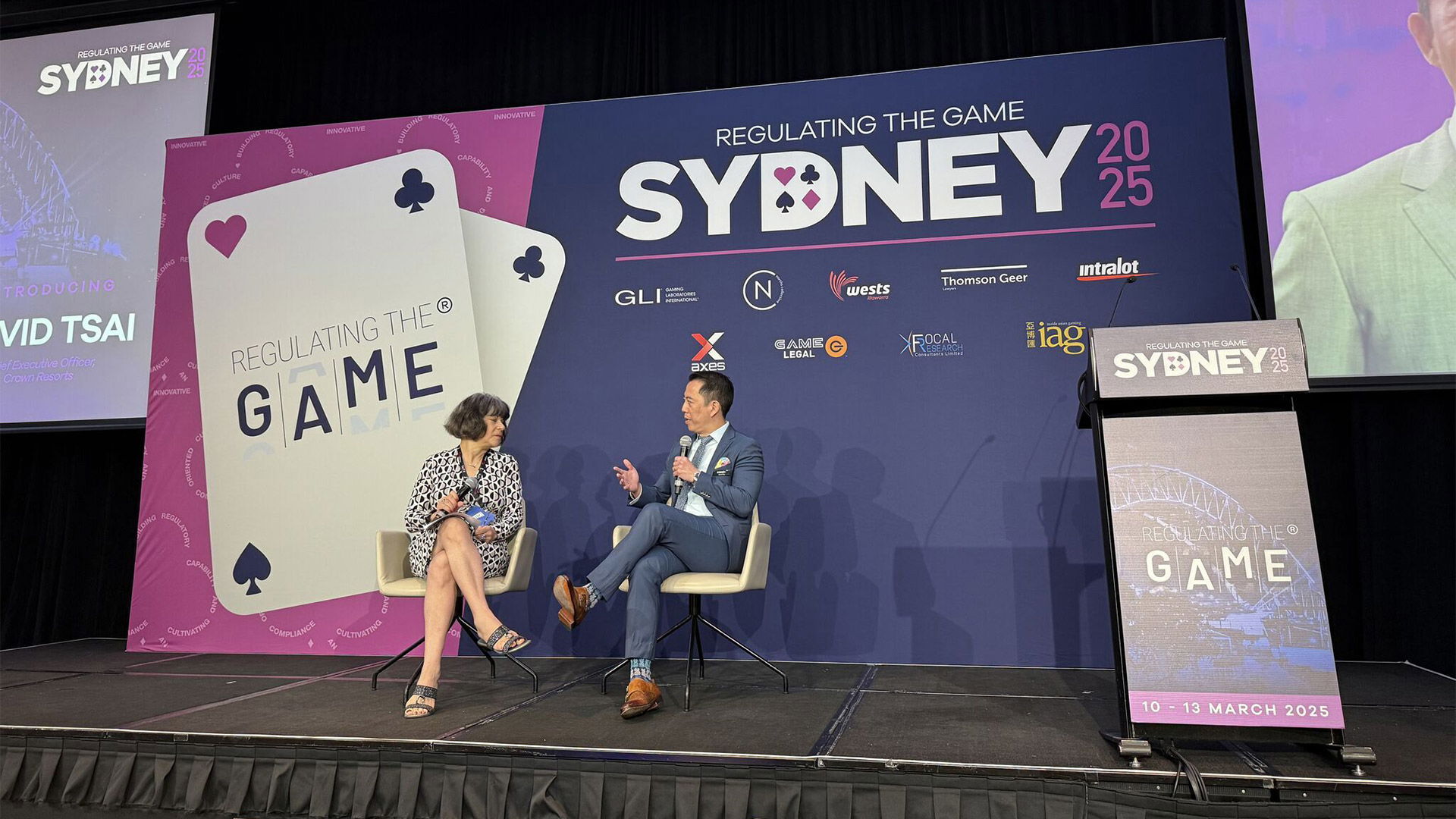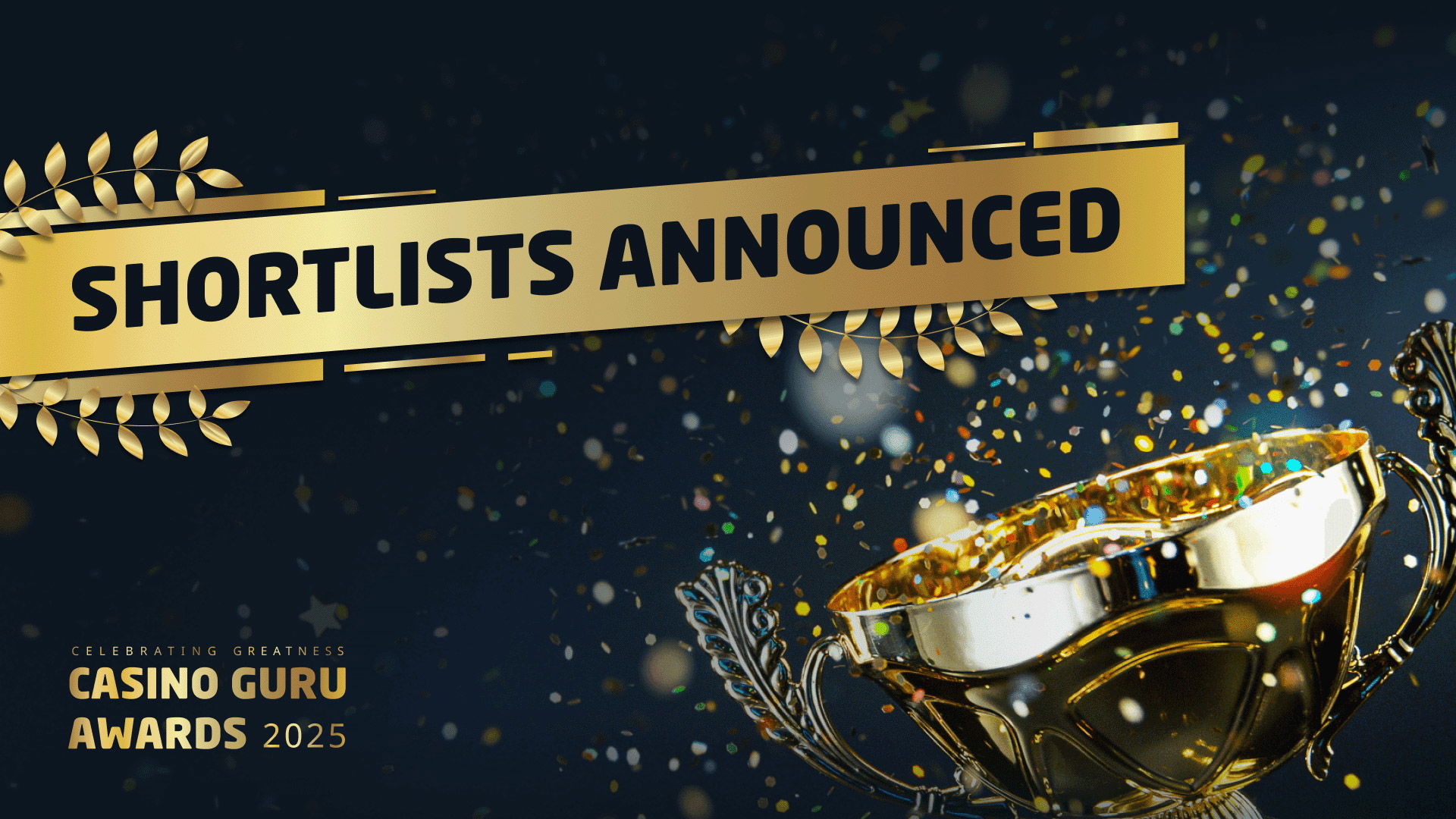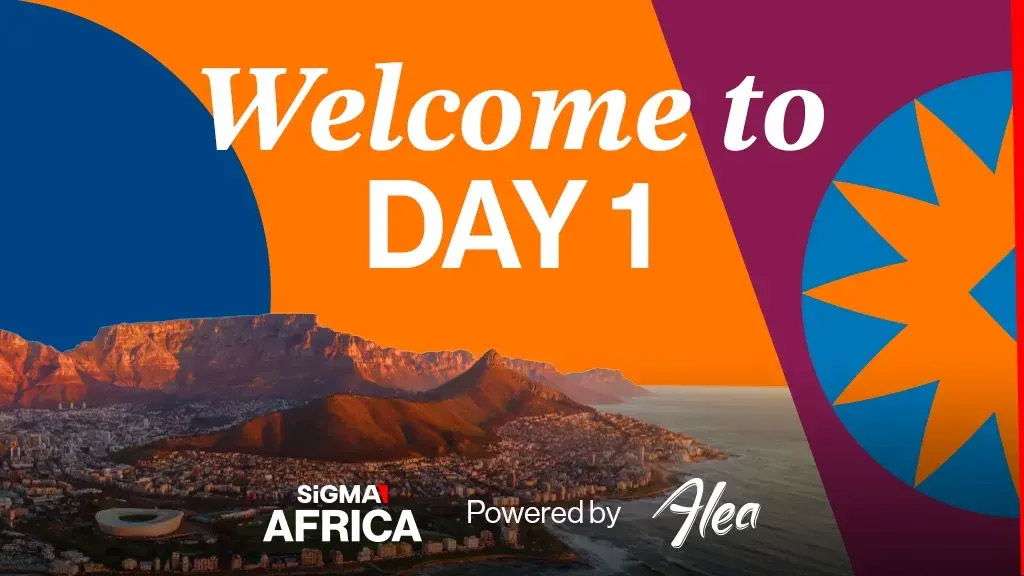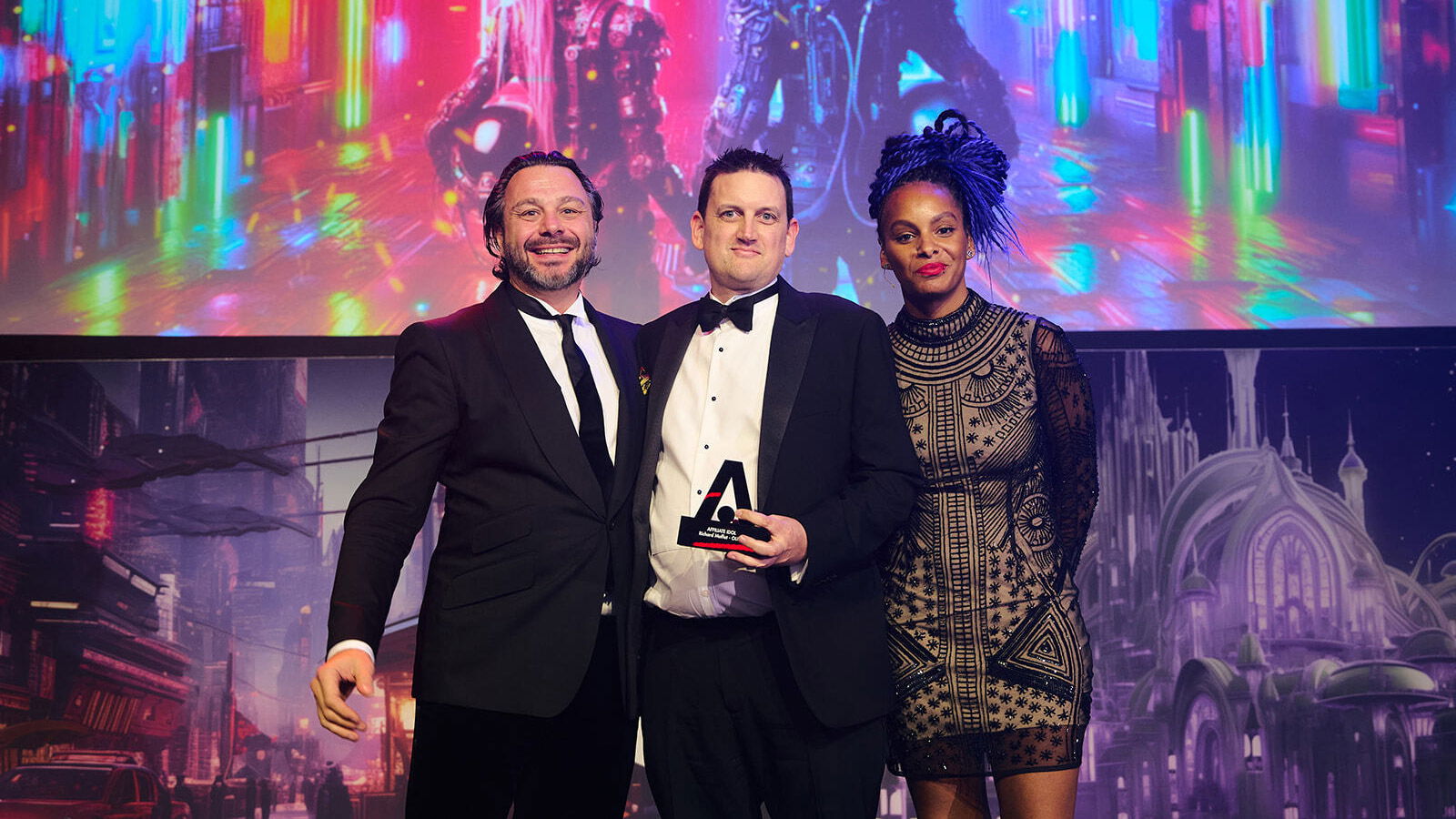Virginia Senate approves casino bill

The proposed legislation that could pave the way for the Bristol Resort and Casino passed the Virginia Senate on Monday, but under revised language the state would retain 90 percent of the tax revenues it would generate, Herald Courier reports.
Senate Bill 1126 would also direct the Joint Legislative Audit and Review Commission to review casino gaming laws in other states and report to Senate and House committees by Nov. 1.
A series of revisions brought by Sen. Tommy Norment, R-Richmond, significantly changed the financial characteristics of the bill. Those included establishing a tax rate on the adjusted gross receipts of each gaming operator and specifying how those funds would be appropriated.
Original legislation proposed by Sen. Bill Carrico, R-Galax, and Sen. Louise Lucas, D-Portsmouth, proposed a 10 percent tax rate but Norment successfully argued for higher rates while the bill was before the Senate Finance Committee.
In the first year of operation, a licensed gaming operator would be taxed at “14 percent of adjusted gross receipts.” For each following year, the rate would be 13 percent for an operator making less than $200 million from gaming, 14 percent for operators reporting between $200 million and less than $300 million and 15 percent for operators with at least $300 million in receipts from gaming activities.
The legislation also spells out where those tax proceeds would go, including 30 percent to transportation projects; 30 percent for school construction; 10 percent for teacher pay increases; 10 percent to limit increases in tuition and fees at institutions of higher learning; 10 percent to the city or county where the casino operates on a pro rata basis; 9 percent to promote tourism; and 1 percent to the problem gambling treatment and support fund, which the bill would establish.
Bristol Virginia City Manager Randy Eads said on Monday that other changes could still occur.
“There is still a lot of time left in the session for there to be additional changes with this version of the bill,” Eads said. “I will continue to communicate with legislators and monitor it as things move through the House.”
Of the funds dedicated to transportation, those would be evenly divided among projects along the Interstate 81 corridor, the Northern Virginia Transportation Authority fund and the Hampton Roads Transportation Fund.
Backers of the $250 million Bristol Resort and Casino project at the vacant Bristol Mall expressed support for its passage.
“We are pleased that the Senate showed strong, bi-partisan support today in passing SB 1126,” according to the statement. “This important legislation provides a roadmap for how Virginia can provide a significant economic development boost to those regions of the Commonwealth in desperate need of more jobs and additional revenue. As this bill continues through the legislative process, we will work with the House and Senate to make these projects a reality.”
The current bill specifies that “no referendum” shall be authorized unless the bill is re-enacted by the 2020 session of the General Assembly.
It specifies that the Virginia Lottery Board would develop regulations to implement the act and must complete those regulations by June 20, 2020, and the Virginia Lottery Board shall issue no gaming license until July 1, 2020.
Embattled Gov. Ralph Northam’s proposed biennial budget includes $175,000 to fund a casino study. Northam said recently he doesn’t oppose casinos but wants the study to occur first.
The Senate bill will cross over to the House of Delegates today. A House version of the legislation, House Bill 2536 originally introduced by Del. Israel O’Quinn, R-Bristol, was sent to the House Committee on Rules but never made it out.
Del. Christopher Peace, R-Hanover, introduced House Bill 2321 last month. It seeks to establish a 15-member Gaming Study Commission comprised of five members from the House, four from the Senate, three citizen members and three ex officio members.
Its charge would be to analyze the state’s existing gaming industry and proposals to expand casino gaming, in-person and online sports wagering, online and internet gaming, tribal gaming, horse racing and electronic devices approved by Virginia ABC, according to the bill. Its work must be completed by Jan. 1, 2020.
The House has held first reading on the bill.



